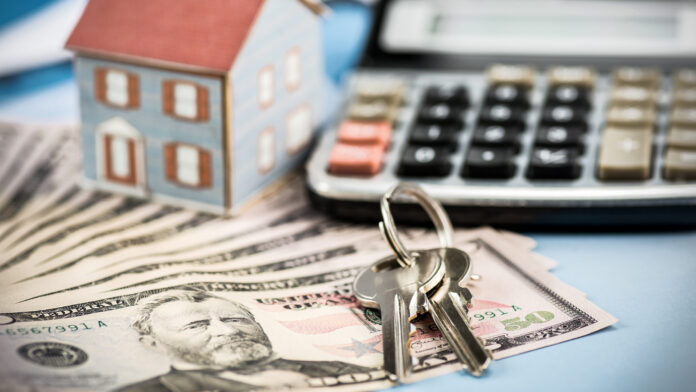
Everyone wants to make a profit when selling their home. However, it can be challenging to figure out exactly how much you can profit.
Some might say, “Why would I attempt to sell my house if I didn’t stand to make a profit?” Using a home sale calculator can help you find out how much your house could sell for.
This article will go over how to calculate just how much you could profit from your home’s sale.
Estimate
To figure out what the market can hold for a house like yours, you will need to estimate what the final sell price of your home could be.
You’ll need to find comparable houses in your community around the same age and have similar upgrades or renovations. These comparables need to be close to the same size as your home.
Look for several comparables so you can get a more realistic few of what your house could sell for. You’ll need to know the final selling price of the comparables. From there, you can add and subtract based on who has the same amount of bathrooms, an in-law suite, a pool, or an updated mather bath to find the perfect estimate for your home.
List Seller Concessions
Anytime you sell a home, you will have seller concessions. Concessions are when you negotiate a “gift” to the buyer in the form of a price reduction for something that may have been discovered during the inspection for necessary repairs.
Once you estimate what these repairs might cost, you will need to subtract those from your estimate you laid out above.
Transaction Cost
Enlisting the help of a well-connected and seasoned real estate agent will cost you a percentage of the sale. You’ll want to know your particular agent’s fee upfront, or if you haven’t chosen yet, you’ll want to find out the going rate in your area.
Subtract the transaction fee from your estimate.
Holding Cost
Even though you are selling your home, you will still pay your monthly mortgage, bills, and any upkeep of the house while it is still on the market. This could include rental fees for a storage building to hold extra furniture, HOA fees, and neighborhood memberships.
Of course, a quick sell will help you save money on holding costs, but it is more likely that your home will sit on the market for a while.
Subtract your holding costs from your estimate.
Net Proceeds
Once you’ve estimated all these different costs and fees, you are ready to subtract from your initial estimate to find out your net proceeds. Using this method, you can estimate how much you will make in proceeds from the sale of your home, based on how long it sits on the market.
The longer your house sits on the market, the longer you have to worry about something breaking that you are responsible for repairing and price adjustments to entice buyers if your home isn’t selling fast enough.
The faster your house sells, the fewer holding costs you will accrue. It may be worth then to simply hire the best real estate agent in your area that is known for a quick turn around so that paying their commission is the only hard cost you have to worry about.
A Home Sale Calculator Helps you be Prepared
In conclusion, a home sale calculator can help you be prepared when it comes to selling your home. Not only will it help you estimate your fixed costs, but it will also help you plan for any possible repair costs you might incur along the way.





